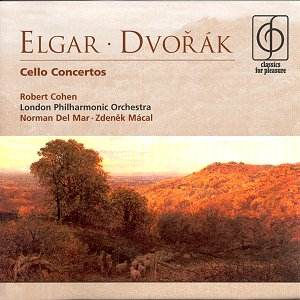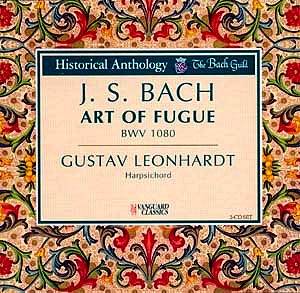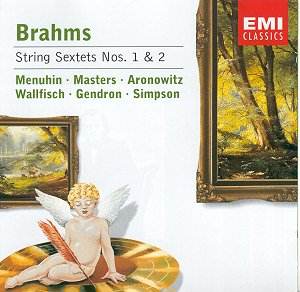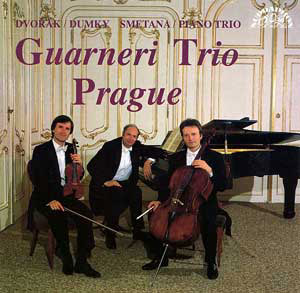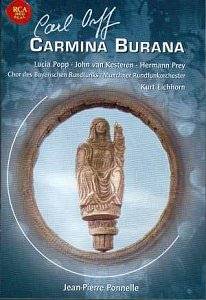 Composer: Carl Orff
Composer: Carl Orff
Works: Carmina Burana
Performers: Lucia Popp (soprano), John van Kesteren (tenor), Hermann Prey (baritone), Bavarian Radio Chorus, Tölz Children’s Choir, Munich Radio Orchestra conducted by Kurt Eichhorn
Recording: 1973 Analogue Stereo Recording issued by RCA
Label: BMG
Carl Orff’s Carmina Burana, composed in 1937, stands as a monumental work in the choral and orchestral repertoire, notable for its vibrant musical language and evocative texts drawn from medieval poetry. This 1973 recording, now presented on DVD under Kurt Eichhorn’s direction, encapsulates the work’s raw energy and theatricality, providing a window into its historical significance and Orff’s distinctive style. As a piece that marries the exuberance of the human spirit with the darker undercurrents of fate, Carmina Burana has often been interpreted through various lenses, and this particular production, while dated, captures its essence with striking clarity.
The performance is anchored by the robust contributions of the Bavarian Radio Chorus and the Munich Radio Orchestra, whose instrumental color and choral precision breathe life into Orff’s rhythmic vitality. Eichhorn’s conducting is both vigorous and nuanced, allowing the contrasting sections of the score—from the exuberant “O Fortuna” to the tender lamentations of “In trutina”—to unfold organically. Hermann Prey’s baritone, particularly in “Estuans interius,” demonstrates a compelling mix of fervor and introspection, encapsulating the emotional spectrum that Orff so deftly navigates. Lucia Popp’s soprano shines brightly, though her lip-syncing in this video format occasionally detracts from the immediacy of her performance. John van Kesteren’s tenor, while less prominent, adds a necessary buoyancy, especially in the playful “Tempus est iocundum.”
The technical aspects of this DVD merit discussion, particularly the audio quality derived from the original analogue recording. While refurbished, the sound does exhibit a certain warmth characteristic of its era, though it lacks the crispness found in contemporary digital recordings. The 5.1 AC3 and PCM Stereo options provide a richer listening experience than the original stereo, yet the visual presentation adheres to a 4:3 format that feels somewhat restrictive. The staging, though not a true opera performance, offers a captivating visual narrative, with Jean Pierre Ponnelle’s direction bringing a vibrant flair to the production. His use of exaggerated costumes and imaginative settings, such as the infamous “Song of the Roasted Goose,” achieves a grotesque humor that aligns well with the work’s thematic explorations of fate, fortune, and the human condition.
The inclusion of English subtitles is a significant boon, allowing viewers to engage with the often obscure texts that range from the whimsical to the bawdy. This accessibility enriches the experience, allowing modern audiences to appreciate the full spectrum of Orff’s intentions. The interview with Orff himself, while somewhat unremarkable, provides a personal touch, offering glimpses into his creative process without delving deeply into the complexities of his musical language.
Orff’s Carmina Burana remains an exhilarating exploration of life’s dualities. This 1973 recording, while not without its limitations, manages to convey the work’s exuberance and gravity effectively. Eichhorn’s interpretation, coupled with the strong performances from the soloists and chorus, revitalizes the music for a contemporary audience. For aficionados and newcomers alike, this DVD is a compelling entry point into Orff’s masterwork, deserving a place in any serious collection. The combination of engaging visuals, robust musicality, and historical context makes it a worthy endeavor, reaffirming Carmina Burana’s status as a cornerstone of the choral-orchestral repertoire.
